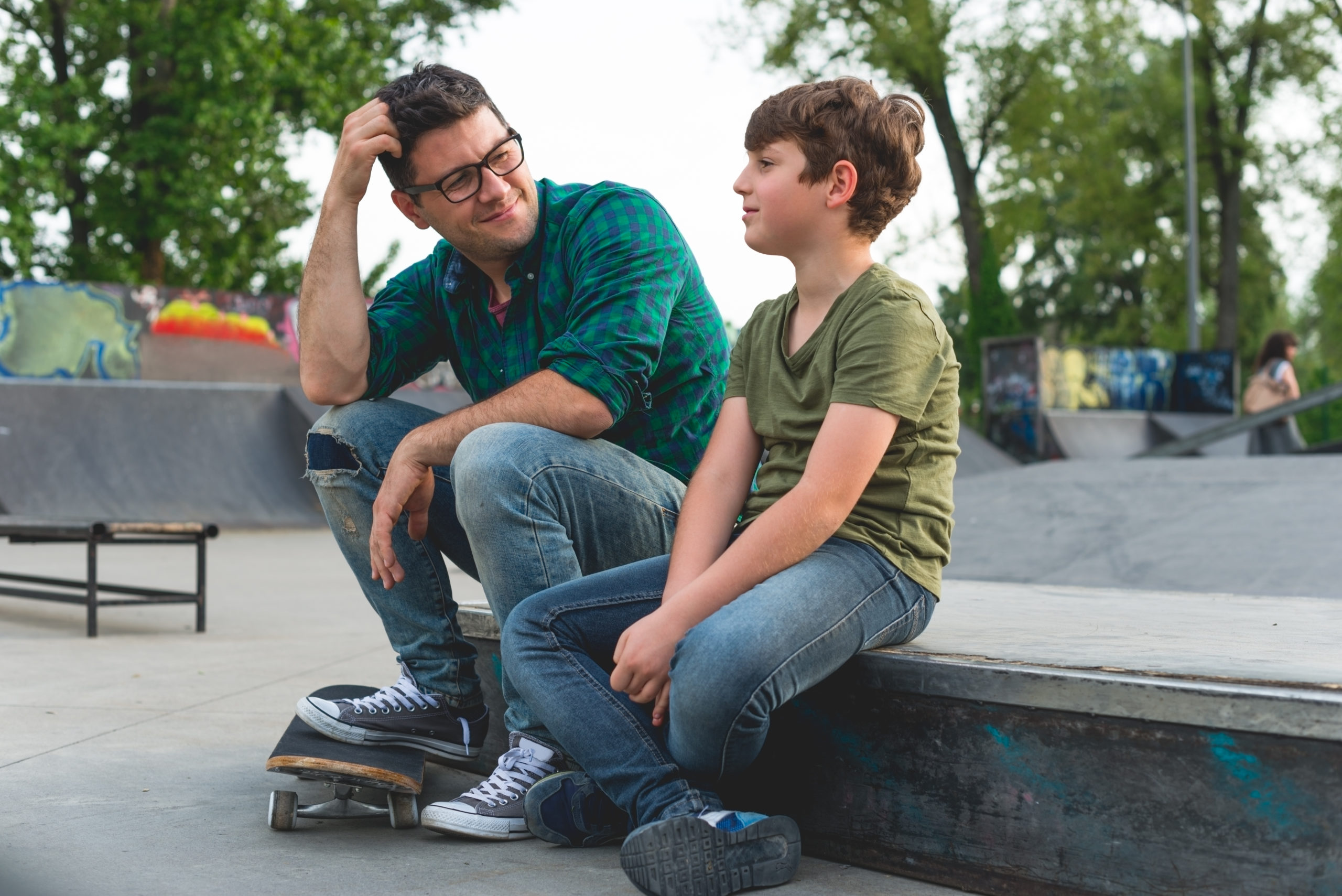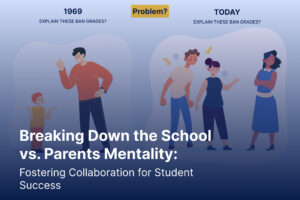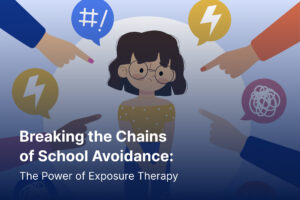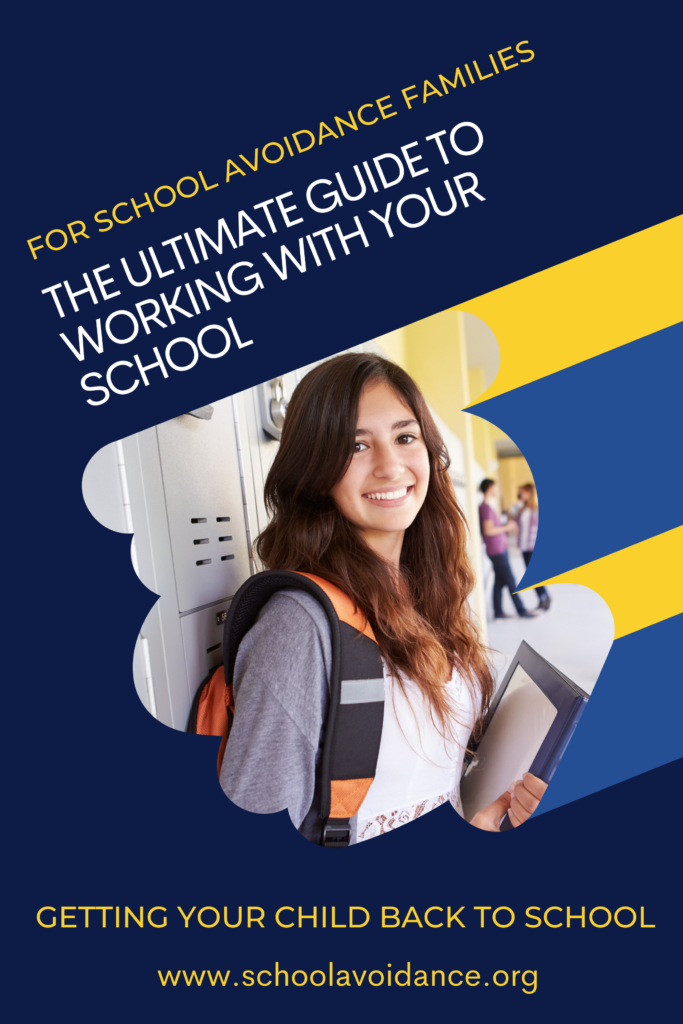There are effective new tools families and schools can use to help kids with anxiety disorders, chronic absenteeism, or school avoidance get back to school. These interventions have created some confusion around the meaning of the word “accommodations.”
Families of kids with school avoidance must seek assistance from their schools. Parent and school collaboration is a top success factor for getting kids with school avoidance back to learning. Many kids with school avoidance will qualify for 504 plans or Individualized Education Plans (IEPs).
504 plans or IEPs have accommodations and modifications built into them to help students access their education regardless of their disability (mental health challenges, physical health challenges, or learning differences).
Accommodations are changes made to the way instruction is delivered or accessed by the student. Modifications change what a student is taught or expected to learn. We call these school accommodations.
Careful consideration must be given when reevaluating the student’s needs. Kids who have anxiety or school avoidance and who are having trouble accessing their education should have the opportunity for accommodations and modifications as the child reintegrates back into school. And schools need to be careful that they don’t take away these resources if a child is thriving.
But how about parental accommodations? And what does that mean?
Changes that parents make to their own behaviors to help a child avoid or alleviate anxiety are known as parental accommodations. In the past several years, clinicians have added the adjustment of parental behaviors and responses to their toolbox of solutions.
Andree Palmgren, the Director of Parent Services who runs a parent strategy program at the Anxiety Institute in New Jersey and Connecticut, provided the following information to help us understand parental accommodations.
Some examples of parental accommodations may be:
- Speaking on behalf of your anxious child
- Answering persistent questions of a reassurance-seeking child
- Making changes in the family plans because your child with anxiety doesn’t want to leave the house
- Lingering when a child demands that you stay close.
Most parents of children with anxiety have felt how hard it is to enforce rules or expectations because of their child’s distressed response.
And it makes sense because we are hardwired as parents to respond when our child is in distress.
Think about it- they would not have survived if we didn’t respond to our crying baby. But over time and as our child matures and grows, our kids don’t always need a parent to step in when they are in distress.
Parenting an anxious child is very difficult. It’s a lot easier to step in, rescue, or change the way we would otherwise parent. And in the short term, this approach feels good for your child and for us!
But, in the long term, we know that accommodating an anxious child robs the child of important opportunities:
- The only way out is through. Distress tolerance is an important life skill that demands movement through anxiety-provoking situations. The more a child can expose themselves to the anxiety, the more comfortable they become being uncomfortable.
- Developing good coping mechanisms when faced with something anxiety-provoking becomes a skill we want our kids to build as they grow into adulthood.
- How can I handle this? Is the internal dialogue we want our kids to engage in; not, How do I avoid this?
- When a child uses avoidance to escape an anxiety-provoking situation, they lose the opportunity to reality test the worst-case scenario they imagine will play out.
- When a child moves through a difficult situation and comes out the other end, they usually find that it’s never as bad as they thought. This critical, reinforcing process increases a child’s sense of competence and confidence.
Finally, and most importantly, when we step in and rescue our anxious child, we inadvertently send a message that we lack confidence in their ability to handle the situation. Parents can serve as powerful mirrors to their children, reflecting a vote of confidence that, once internalized by the child, can set the stage for resiliency-building, a protective factor against anxiety.
Andree adds that “breaking this cycle involves moving from accommodating to supporting. When we take on a supportive role, we validate a child’s anxiety and simultaneously demonstrate the belief that the child can handle the situation.”
Breaking the cycle of parental accommodations can be challenging, so if you can work with a mental health professional to guide and coach you through, it won’t be as daunting and scary.
So please remember, school accommodations on a 504 plan or IEP are used effectively when reintegrating and helping a child with school avoidance back to school.
But Parental accommodations threaten your child’s independence, resilience, and ability to overcome their anxiety.e






